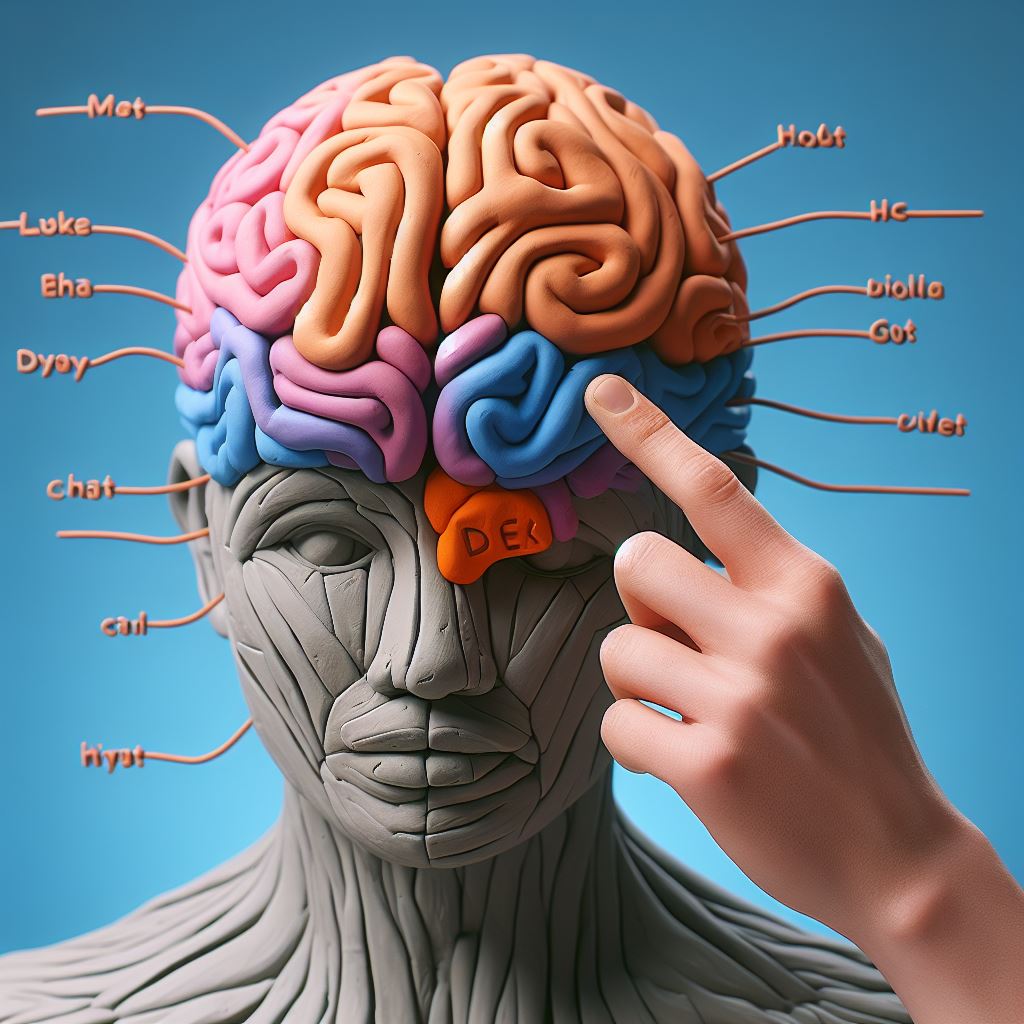Yale University research by Sally Shaywitz, MD and Bennett Shaywitz, MD
Yale University MRI research Dyslexia
Neurodiversity Helen Taylor
Dyslexia was traditionally viewed as a brain abnormality affecting reading abilities. However, research has significantly challenged this perception. Dyslexia is now understood in the context of genetic factors, cognitive variations, and the influence of parental heritage.
When one parent has dyslexia, there’s approximately a 33% chance that their child will also have dyslexia.
If both parents have dyslexia, the likelihood increases to around 66%.
Interestingly, even if neither parent has dyslexia, but a grandparent does, it can still be passed down through the family line.
Many parents recognize the same struggles they experienced during their own school years in their children. Sometimes, parents who were not tested for dyslexia themselves later discover that their child faces similar challenges. Testing and diagnosis play a crucial role in understanding and supporting individuals with dyslexia. Not only for the child but also for the parent.
The Brain Circuitry: Using brain scans, researchers at Yale University have discovered that dyslexic individuals engage in different specific brain connections when performing various tasks. This alternative brain functioning can either overactivate or underactivate certain brain regions compared to the general population. This can have both positive and negative effects on the tasks performed.
Absolutely, dyslexia is real and not a figment of imagination, as described above by Yale University. With MRI brain scans, we can visually observe the effects directly. It's also not something you can outgrow. However, you can improve with practice, much like with sports - the more you do it, the better you get. Often, you discover a certain approach that works best for you.
People with dyslexia may be born with it due to genetic factors. Interestingly, brain injuries (like strokes or surgery near the left ear) can also lead to dyslexic symptoms. However, those with genetic dyslexia benefit from compensatory mechanisms that others don’t have.

Neurodiversity is a beautiful concept that celebrates the uniqueness of our brains. Just like a diverse ecosystem benefits from different species, our collective human experience thrives because of the varied ways our brains process information.
Here’s the essence of neurodiversity:
Brain Variability: Every brain is wired differently. Our neural pathways light up in distinct patterns, shaping our abilities and challenges. It’s like a symphony of individual instruments playing together.
Strengths and Struggles: Just as some people excel at basketball while others thrive in art or music, our brains have specialized talents. Embrace your strengths—whether it’s visual thinking, problem-solving, or creativity.
Text Isn’t Everything: If text feels like a puzzle sometimes, remember that you excel in other dimensions. Visualizing concepts, understanding 3D structures, and connecting ideas—these are your superpowers!
Neurodiversity Benefits All: Our collective strengths—whether linguistic, mathematical, artistic, or spatial—contribute to humanity’s progress. We need each other’s unique perspectives to thrive.
Celebrate your brain’s quirks. You’re part of a magnificent mosaic—a testament to the richness of human experience!
Learn More: If you’re curious, check out the original research from Yale by Sally Shaywitz, MD and Bennett Shaywitz, MD: Brain Scans Reveal Disruption in the Neural Circuitry.
Yale University research by Sally Shaywitz, MD and Bennett Shaywitz, MD
Yale University MRI research Dyslexia
Neurodiversity Helen Taylor
Since 2018, Dyslexie Font has collaborated with the HOI Foundation to organize the Dutch Week of Dyslexia every first week of October. Our aim is to alter perceptions of neurodiversity and dyslexia by providing information to dyslexic individuals, parents, children, teachers, and businesses.
We strive to present a comprehensive view of dyslexia, highlighting not only its challenges but also its strengths.
EMAIL
Contact page
info@dyslexiefont.com
PHONE
(we are in the Netherlands)
NL: +31 (0)20 820 41 37
UK: +44 2033 180 058
USA: +1 540 227 64 84
DYSLEXIE FONT IS PATENTED COPYRIGHT © 2024 DYSLEXIE FONT B.V. ALL RIGHTS RESERVED. DESIGN BY DYSLEXIE FONT
We use cookies to see if our carefully crafted design is working as intended—or if it’s just collecting dust. This helps us improve the site and answer questions before you even ask. Say yes to cookies, and you’ll help us make things better.